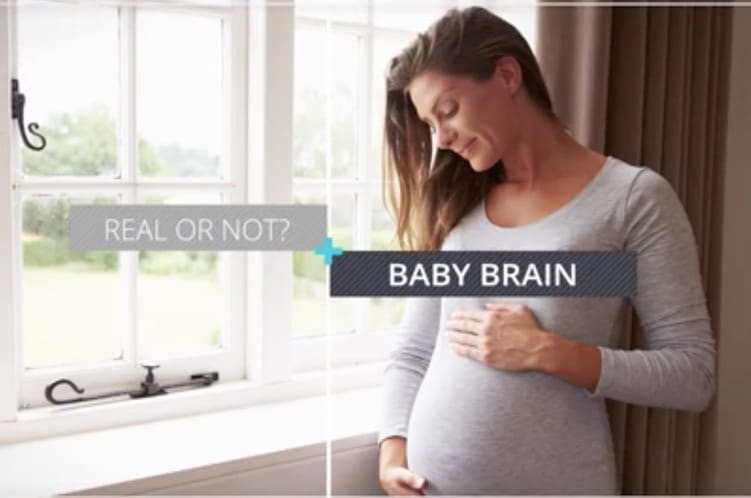‘Baby brain’ is a phenomenon reported by many pregnant women. It is characterised by subjective declines in brain functioning across multiple areas including memory, impaired concentration and absentmindedness.
While widely reported by pregnant women, baby brain has yet to be studied extensively from a scientific perspective and findings thus far are ambiguous. Researchers reviewed the available evidence to examine whether there are associations between cognitive function and pregnancy and if so, the gestational stages at which these are most pronounced.
Researchers analysed available studies involving the quantitative relationship between pregnancy and changes in brain function. Studies included both pregnant women and non-pregnant controls in healthy, adult populations. At least one measure of cognitive function was required in studies for inclusion. Cognitive function, as defined by researchers, encompassed a range of cognitive processes including memory, attention, processing speed and verbal abilities.
Both general cognitive functioning and memory were found to be poorer in pregnant women compared to their non-pregnant peers. This included measures like memory, attention, executive functioning, processing speed, verbal abilities, working memory, recognition and recall. This was particularly pronounced in the third trimester. Memory abilities also seemed to decline between the first and second trimesters.
Implications
These findings suggest there may be some merit to the subjective reports of impaired cognition during pregnancy. Future research may investigate the daily impact on functioning and quality of life that these may present to pregnant women and suggest ways to mitigate this effect. In the meantime, we might think twice before brushing off ‘baby brain’ as a figment of imagination.

